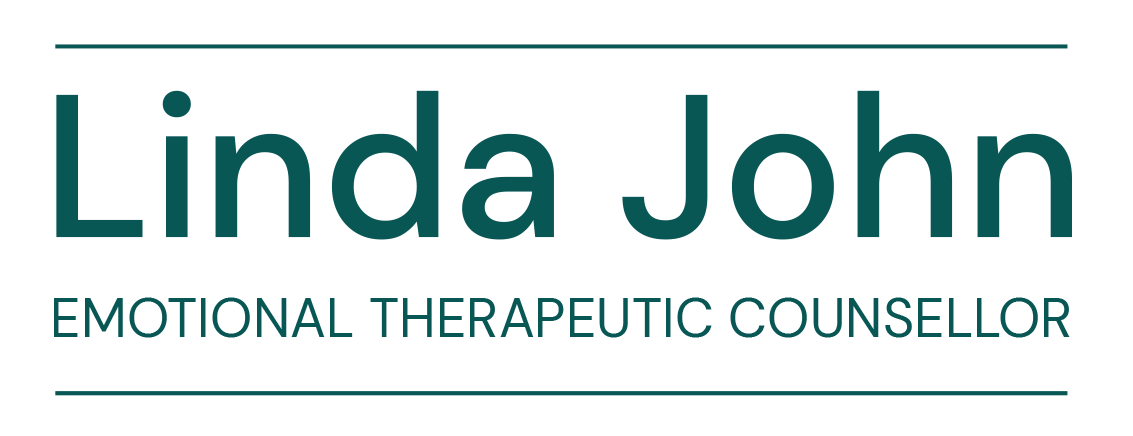Working with clients who have ADHD (attention deficit hyperactivity disorder)
Most people don’t understand the psychoeducation of this neurological disorder and that it is not a choice. With the support of a counsellor and education, and more often than not helped by medication, the client can actually blossom.
ADHD affects 1 in 45 young people around the world. It is not just a childhood disorder as once believed. It affects 1 in 30 adults and can often go undiagnosed, and this can lead to a number of comorbid conditions:
Anxiety, depression, low self-esteem, self-harm, self-medication, addiction, risky behaviours, suicidal thoughts, ticks.
As well as:
- OCD (obsessive compulsive disorder)
- SRD (sensitivity rejection disorder)
- ODD (oppositional defiant disorder)
- and other learning difficulties.
A person with ADHD may have difficulty sustaining attention, following through instructions, organise tasks, sitting and fidgeting in their seat or running around.
Counsellors will treat the symptoms, and common symptoms displayed by clients could be; interrupting, talkative, forgetful, impulsive, hyperactive, poor time management, poor working memory and hyper focusing.
The hormone dopamine is thought to be lacking in people with ADHD. Dopamine allows us to regulate emotional responses along with feelings of pleasure and pain, reward, movement, motivation and for paying attention. Dopamine enhances signal conduction in the brain and improves attention, enabling us to stay focused on a task. Medications raise the levels of dopamine in the brain to allow the brain to function normally.
Sometimes a person may need extra support from a counsellor.
Clients can present as very angry and upset, they may have anxiety, depression, low self-esteem, can fall behind, have no friends, self-harm. People with ADHD can become targets of bullies or become bullies themselves. They can also become suicidal.
A good therapeutic relationship with a counsellor can promote a feeling of hope. Counselling sessions can help with coping strategies and counsellors will be aware that forgetting appointments and not paying attention are the symptoms of the disorder.
Visualization/mindfulness can help to calm the mind. Yoga and Pilates promote a greater awareness of what is going on around them and help the clients psychological and mental wellbeing.
Counselling can help to get rid of negative thoughts and reduce the amount of time spent procrastinating. Clients will learn how to manage their symptoms. There are some good role models who have ADHD and are able to hyper focus which can drive them to achieve and be successful in business, entrepreneurs like Richard Branson, Jaimie Oliver and Athletes like Michael Phelps, Magic Johnson, Michael Jordan and Jackie Stewart.
Spending time outside with nature and 30 minutes of exercise first thing in the morning can help to regulate the overwhelming feelings/compulsions.
Counselling can bring the inward outward. The counsellor sees the person, not the label. A person with ADHD just wants to be heard and understood.





